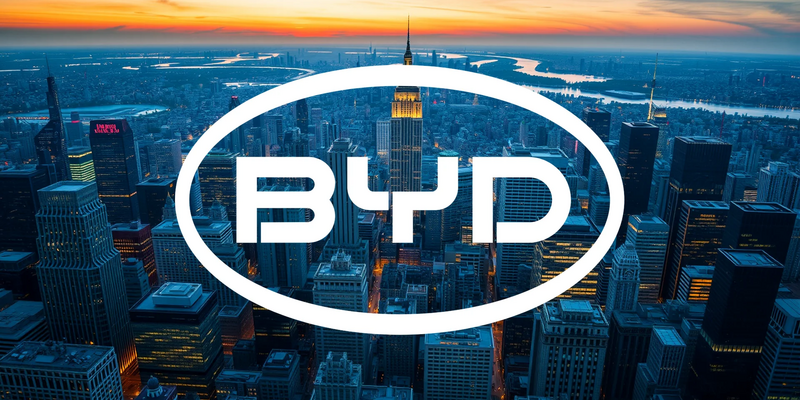BYD Faces Financial Overhaul as Supplier Payment System Scrapped
14.11.2025 - 19:15:05BYD CNE100000296
BYD's dramatic decision to terminate its controversial supplier payment platform has sent shockwaves through financial markets. The Chinese electric vehicle manufacturer is abandoning its "Dilian" system following regulatory pressure from Beijing, marking a fundamental shift in how the company manages its supply chain relationships.
New regulations effective June 2025 are compelling China's automotive manufacturers to overhaul their payment practices. The rules mandate supplier payments within 60 days while prohibiting forced acceptance of non-cash payment instruments like electronic promissory notes.
BYD's previous payment practices significantly exceeded industry norms. In 2024, the company averaged 127 days to settle supplier invoices, well above the sector average of 108 days. Some arrangements under the Dilian system extended payment terms to as long as one year.
Financial Implications Come into Focus
The dismantling of Diland carries substantial financial consequences. The payment mechanism had enabled BYD to maintain robust cash reserves without external financing, but suppliers bore the cost burden. When seeking early redemption of their notes, vendors faced discounts of up to 6%.
Should investors sell immediately? Or is it worth buying BYD?
Research from GMT reveals the scale of BYD's supply chain financing, estimating the company's true net debt at 323 billion yuan—far exceeding the officially reported 27.7 billion yuan. This substantial discrepancy underscores the system's significant impact on the company's financial positioning.
Global Expansion Continues Amid Domestic Challenges
Despite mounting pressures in its home market, BYD maintains aggressive international growth targets. The company showcased previously unreleased models, including the Shark 6 pickup truck, during recent Tech Discovery Days in Malaysia, signaling undiminished global ambitions.
Citi analysts project overseas sales could reach 1.6 million vehicles by 2026. New manufacturing facilities in Hungary and potential expansions into Mexico are expected to support this growth trajectory. The company's international sales already demonstrated strong momentum in 2024, surging 71.9% year-over-year.
The termination of the Dilian system represents a pivotal moment for BYD's operational strategy. While transitioning to conventional payment terms will likely increase financing costs, the move may strengthen long-term supplier relationships. This comes at a critical juncture for the automaker as it navigates intense price competition and declining profitability margins.
Ad
BYD Stock: Buy or Sell?! New BYD Analysis from November 14 delivers the answer:
The latest BYD figures speak for themselves: Urgent action needed for BYD investors. Is it worth buying or should you sell? Find out what to do now in the current free analysis from November 14.
BYD: Buy or sell? Read more here...


